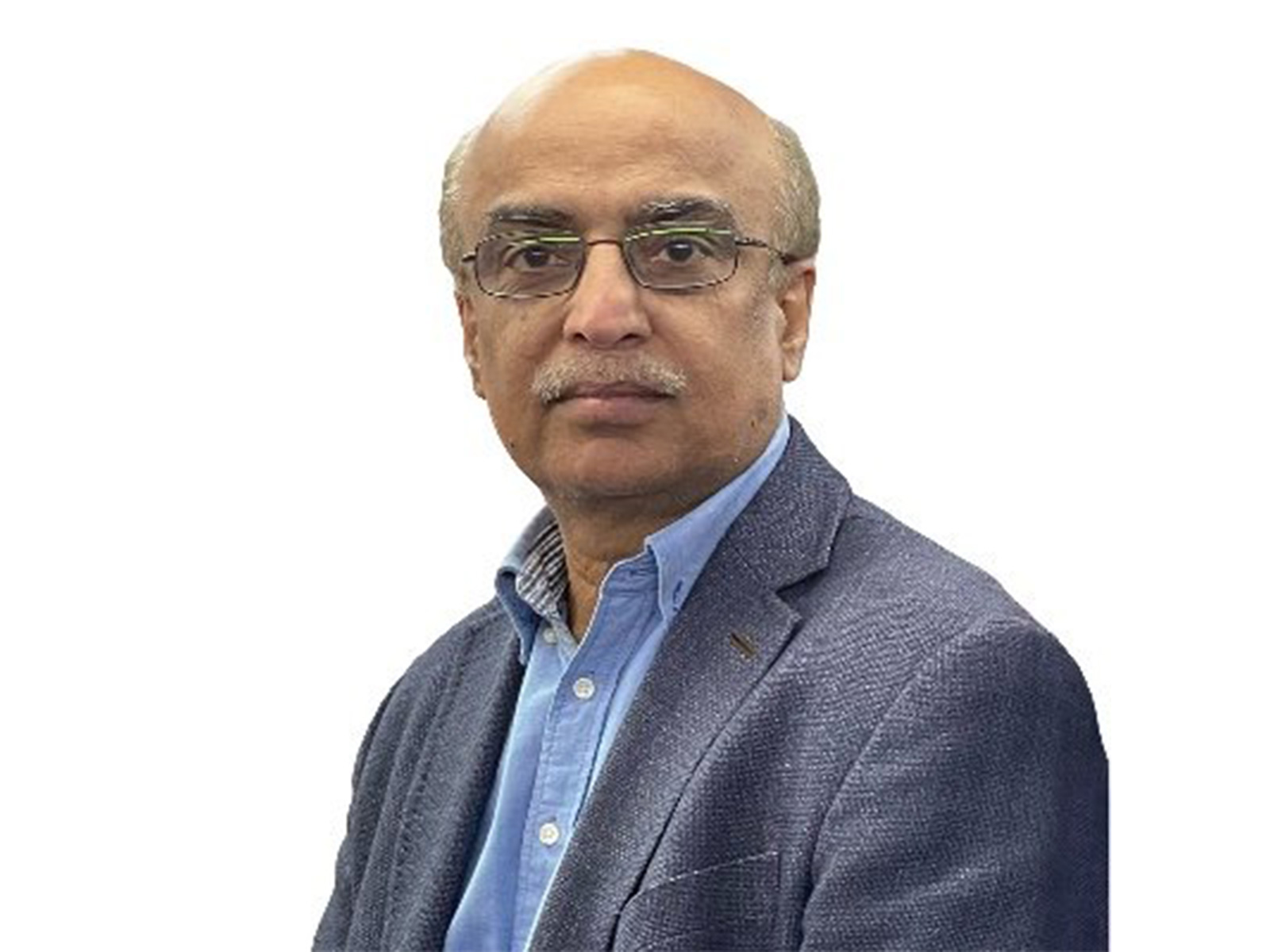JSMM Chairman Demands Global Action on Pakistan's Ethnic Minority Oppression
Shafi Burfat, Chairman of the Jeay Sindh Muttahida Mahaz, has issued an open letter urging the global community to address Pakistan's adverse treatment of ethnic minorities. The letter details systemic exploitation and demands international accountability for alleged violations of human rights against oppressed groups in Pakistan.

- Country:
- Germany
As the 80th session of the United Nations General Assembly unfolds, Shafi Burfat, leader of the Jeay Sindh Muttahida Mahaz, has issued a strongly worded open letter drawing attention to Pakistan's treatment of ethnic minorities. Burfat accuses Pakistan of using religious manipulation to oppress historically significant groups such as Sindhis, Baloch, Pashtuns, Saraikis, and Brahuis, claiming these communities have faced political, economic, and cultural marginalization for decades.
Burfat highlights that Pakistan's power hierarchy is predominantly controlled by ethnic Punjabis, leading to an imbalance that effectively occupies other ethnic communities, which he describes as a contemporary form of slavery. The letter brings to light grave allegations of enforced disappearances, torture, and state-sponsored violence aimed at silencing political activists, journalists, and civil society personalities. Burfat argues that dissenting voices are often unjustly labeled as terrorists and brutally suppressed.
In his appeal, Burfat condemns the intentional cultural erasure, targeting native languages and identities, and accuses the Pakistani state of fueling religious extremism for political ends. He urges world leaders to reassess Pakistan's role in international forums without appropriate scrutiny, which he claims legitimizes oppression. The letter calls for global recognition of self-determination rights for Pakistan's historical nations and insists that freedom movements not be unjustly deemed as terrorist organizations. Additionally, Burfat demands legal actions in international courts against those accountable for ongoing human rights atrocities.
(With inputs from agencies.)
ALSO READ
Escalating Repression: Human Rights Violations in Russia
Fatal Sewer Accident in Delhi Sparks Human Rights Inquiry
Escalating Repression in Russia: UN Report Unveils Alarming Human Rights Violations
Pardon of Alaa Abd el-Fattah: A Glimmer of Hope in Egypt's Human Rights Struggle
Sambhali Trust Champions Elder Rights at UN Human Rights Council










